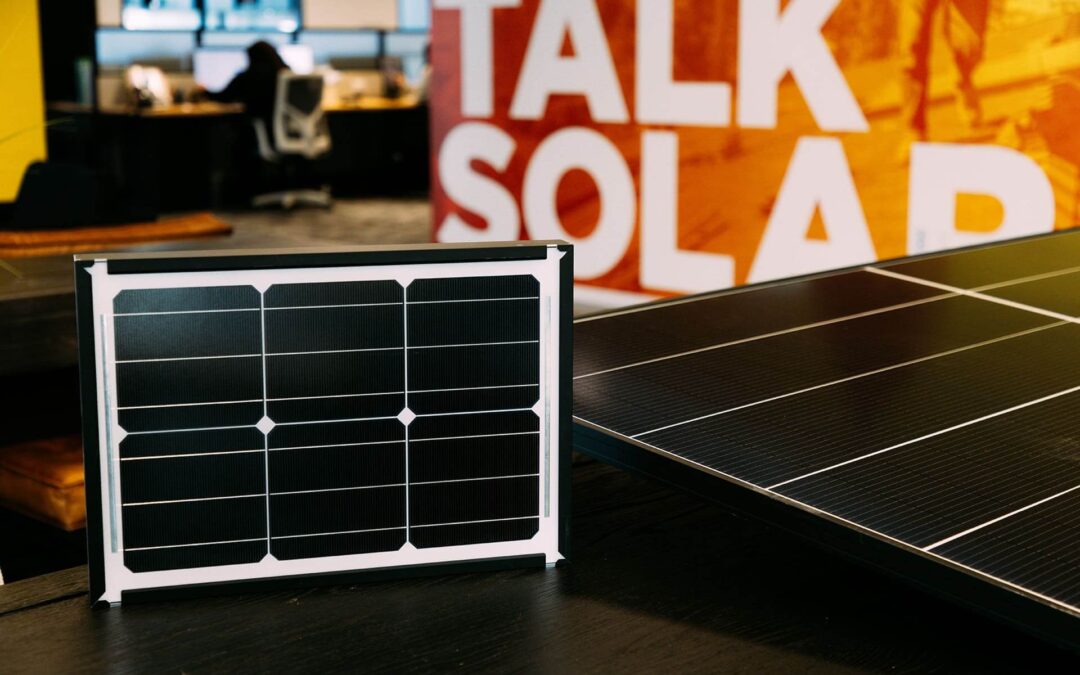Solar panels are a popular choice for homeowners looking to reduce their annual energy costs. By harnessing the sun’s power, solar panels generate electricity to power your home and give you some autonomy over your family’s energy source. In addition to the environmental and personal benefits of using Solar Energy, there are also a number of financial benefits that come with installing solar panels.
One of the primary ways in which solar panels can reduce annual energy costs is by offsetting the cost of electricity from the grid. Solar panels are able to generate electricity when the sun is shining, which is often when energy demand is at its highest. This means that solar panels are able to generate electricity when it is most expensive to purchase from the grid. By using solar panels to generate electricity during these times, homeowners can significantly reduce the amount of electricity they need to purchase from the grid, which can lead to significant savings on their electricity bills.
Another way in which solar panels can reduce annual energy costs is by taking advantage of net metering programs. Many utilities offer net metering programs that allow homeowners to sell excess Solar Energy back to the grid in exchange for credits on their electricity bills. This means that if a homeowner generates more Solar Energy than they need, they can sell the excess back to the grid and receive credits on their electricity bill. This can be an excellent way to offset the cost of installing and maintaining solar panels,and even decrease your monthly expenses.
In addition to the financial benefits of using solar panels, there are also a number of environmental benefits. Solar panels do not produce any emissions, which means they do not contribute to air pollution or climate change. This is in contrast to fossil fuels, which are a major source of greenhouse gas emissions. By using solar panels to generate electricity, homeowners can significantly reduce their carbon footprint and do their part to combat climate change.
There are a few different factors that can impact the cost-effectiveness of solar panels, including the size of the solar panel system, the location of the home, and the direction the house faces. In general, solar panels are most cost-effective on Westward facing roofs. However, even in less sunny locations, solar panels can still be a cost-effective option when paired with energy storage systems that allow homeowners to store excess Solar Energy for use during times when the sun isn’t shining.
Installing solar panels can be a significant investment, but the long-term benefits can be well worth the upfront costs. In addition to reducing annual energy costs, solar panels can also increase the value of a home, making them a smart financial decision for many homeowners.
In conclusion, solar panels can be a cost-effective way for homeowners to reduce their annual energy costs. By generating electricity when it is most expensive to purchase from the grid and taking advantage of net metering programs, homeowners can significantly reduce the amount of electricity they need to purchase from the grid. In addition to the financial benefits, solar panels also have a number of environmental benefits, making them a smart choice for homeowners looking to reduce their carbon footprint and do their part to combat climate change.

